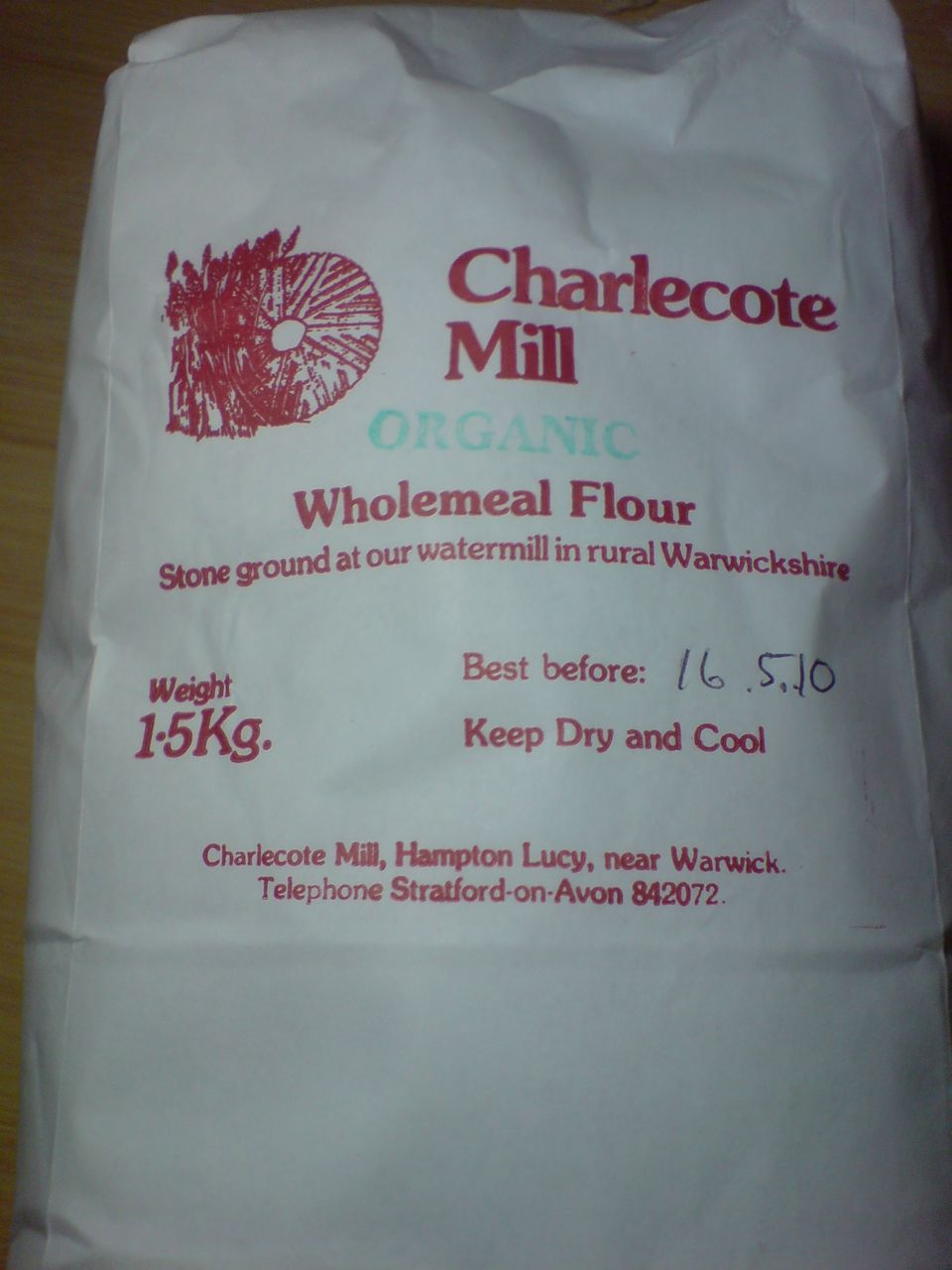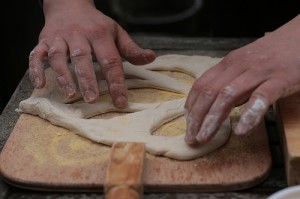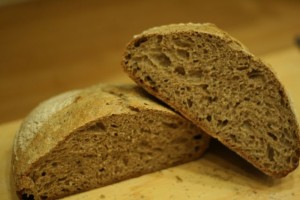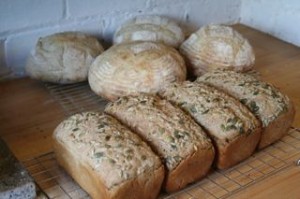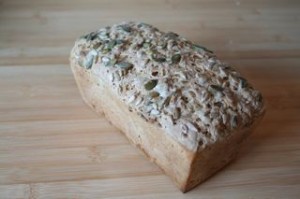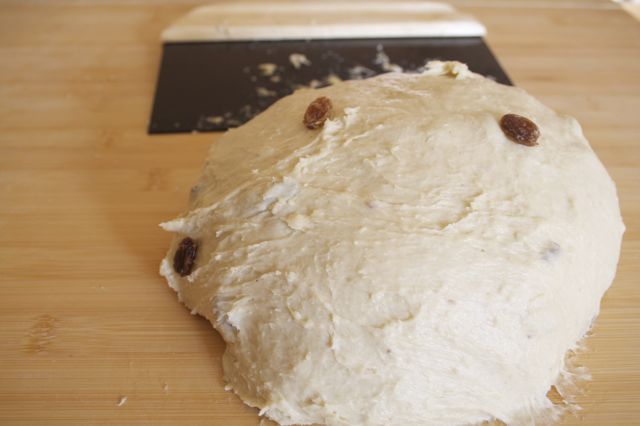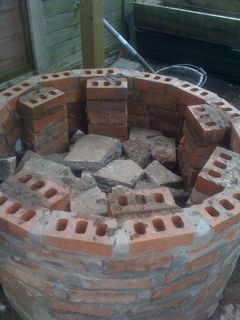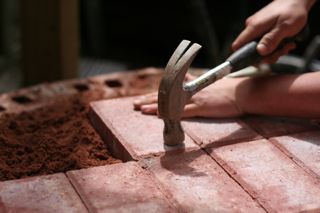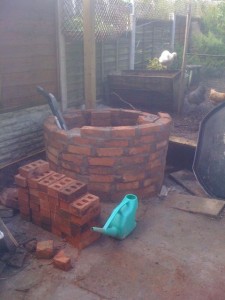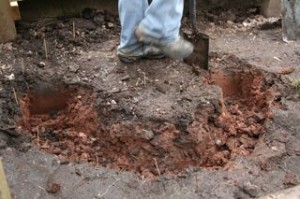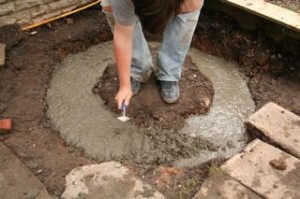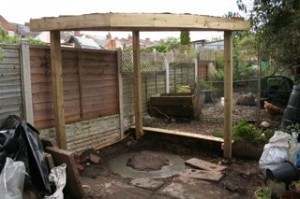As a baker, or even just as a passionate foodie, it’s important to me to get up close and personal with the ingredients that I’m putting into my food and into my mouth. I was delighted therefore to have the opportunity to have a private tour around Charlecote Mill in Warwickshire the other day after a cheeky off-the-cuff phone call to John Beddington, the master miller. I don’t use John’s flour, yet, but nonetheless it is wonderful to see a craftsman at work, turning inedible raw wheat grains into beautiful soft wholemeal flour.
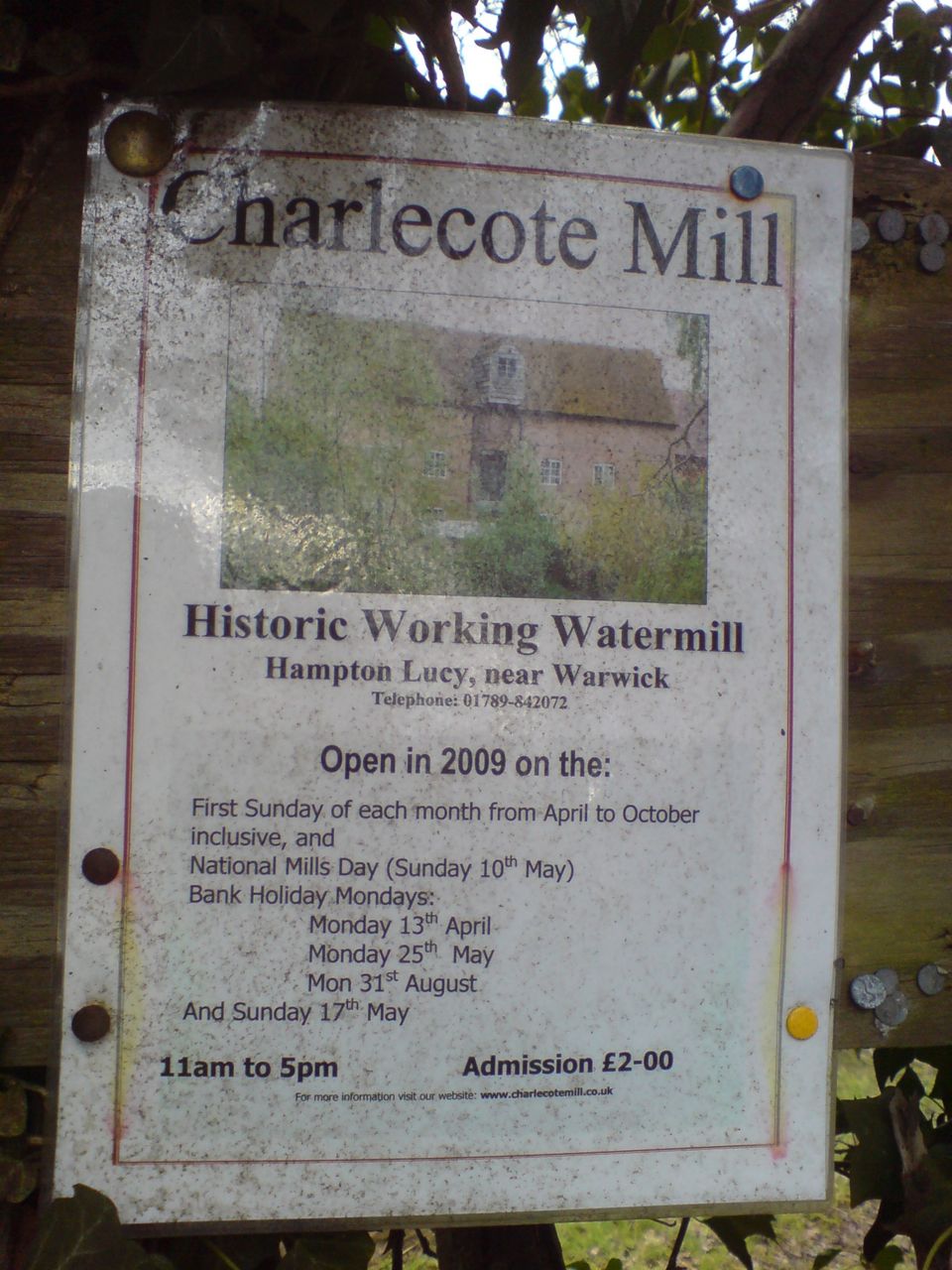 In a way John’s story is a sad one, and it speaks of this country’s increasing love affair with bad bread over the last few decades. John has been milling at Charlecote for 26 years now, and has leased the building for more than 30. In the first few years John supplied six local bakeries, including the (sadly no longer) Raddlebarn bakery in Selly Oak, Birmingham, but now John only supplies one bakery, and it’s not even that local, down in Oxford. However John is still managing to run his business, and has found an unexpected market for his flour. John principally mills three types of flour at Charlecote. The standard wholemeal flour is made from local Warwickshire wheat and milled to the right grade for chapatti flour, which John sells direct to the Indian and Pakistani community in Coventry, delivering door to door.
In a way John’s story is a sad one, and it speaks of this country’s increasing love affair with bad bread over the last few decades. John has been milling at Charlecote for 26 years now, and has leased the building for more than 30. In the first few years John supplied six local bakeries, including the (sadly no longer) Raddlebarn bakery in Selly Oak, Birmingham, but now John only supplies one bakery, and it’s not even that local, down in Oxford. However John is still managing to run his business, and has found an unexpected market for his flour. John principally mills three types of flour at Charlecote. The standard wholemeal flour is made from local Warwickshire wheat and milled to the right grade for chapatti flour, which John sells direct to the Indian and Pakistani community in Coventry, delivering door to door. 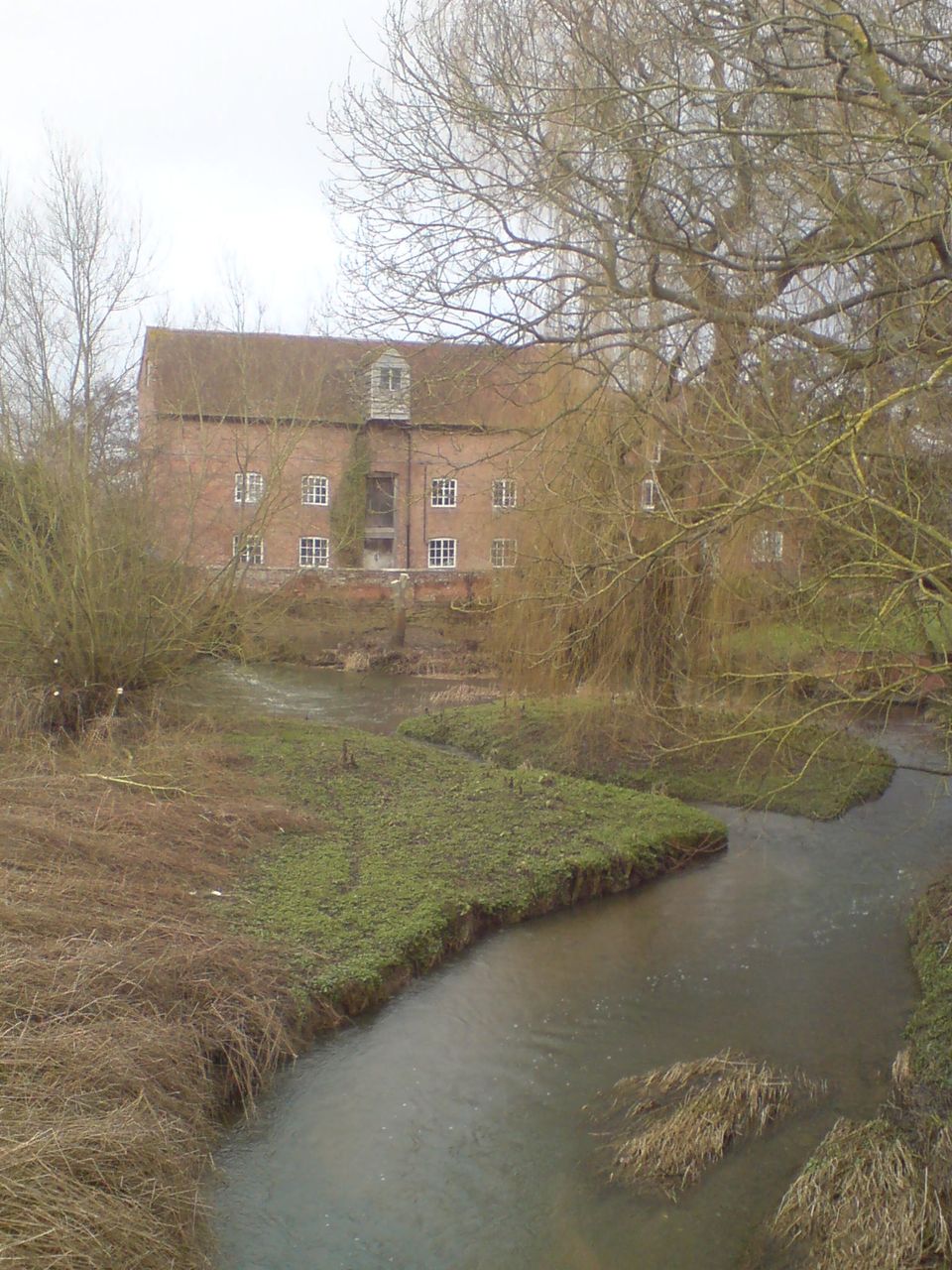 He also sells maize flour to the same community. Being Soil Association certified, John produces an organic wholemeal flour too, which is milled from two local wheats from Warwickshire and Worcestershire, as well as a bit of organic wheat from Kazakhstan, to improve the mix.
He also sells maize flour to the same community. Being Soil Association certified, John produces an organic wholemeal flour too, which is milled from two local wheats from Warwickshire and Worcestershire, as well as a bit of organic wheat from Kazakhstan, to improve the mix.
Charlecote Mill itself is a charming building, and one that John clearly loves dearly. It is an isolated building, standing on the meandering river Avon between the villages of Hampton Lucy and Charlecote. In it’s current construction it’s been there since 1806, but John believes there was a mill on the spot for several centuries before that. It is driven by two water wheels, which through an impressive network of bone-crunchingly powerful cogs power two stone mills on the first floor of the building, which are making the current batch of wholemeal flour as we visit.  Up in the attic of the building John shows us a large grain store, and the pulley system that allows mill operation to be a one man job. Sacks of flour are strewn everywhere on the ground floor, and the chute from the mill upstairs churns out soft wholemeal flour in a steady stream, like it has for hundreds of years. It’s a romantic scene. John sells me a couple of bags of flour, and we bid farewell, for now.
Up in the attic of the building John shows us a large grain store, and the pulley system that allows mill operation to be a one man job. Sacks of flour are strewn everywhere on the ground floor, and the chute from the mill upstairs churns out soft wholemeal flour in a steady stream, like it has for hundreds of years. It’s a romantic scene. John sells me a couple of bags of flour, and we bid farewell, for now.
Without my sourdough starter and having been in a poorly equipped holiday cottage kitchen, I haven’t yet used the flour. However i’m envisioning a part wholemeal sourdough loaf, made with a good percentage of white leaven. I’m hoping this will create a light but wholesome loaf, full of flavour, and a sense of history. I’ll be reporting back on my search for a more local loaf in the coming weeks, stay tuned…
